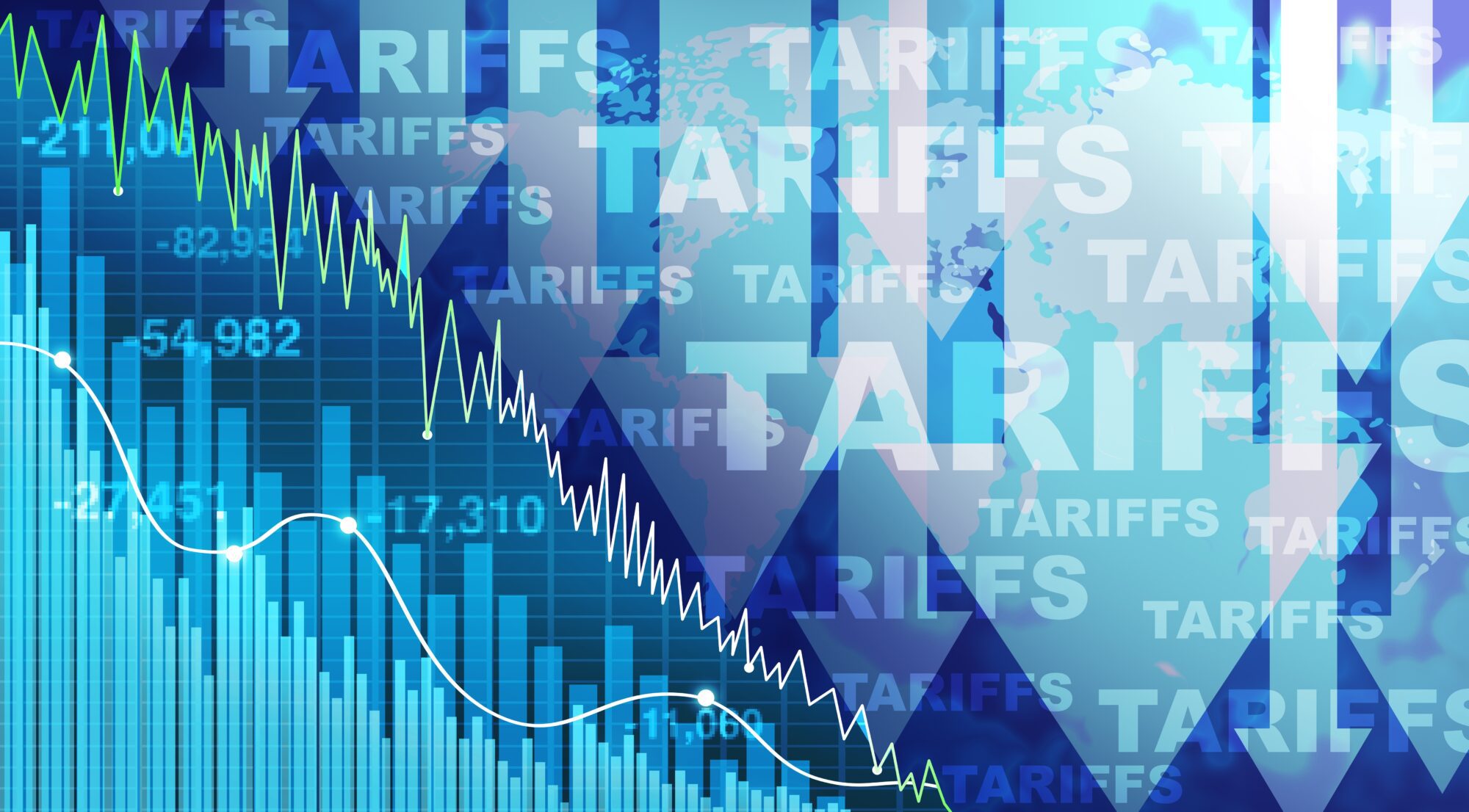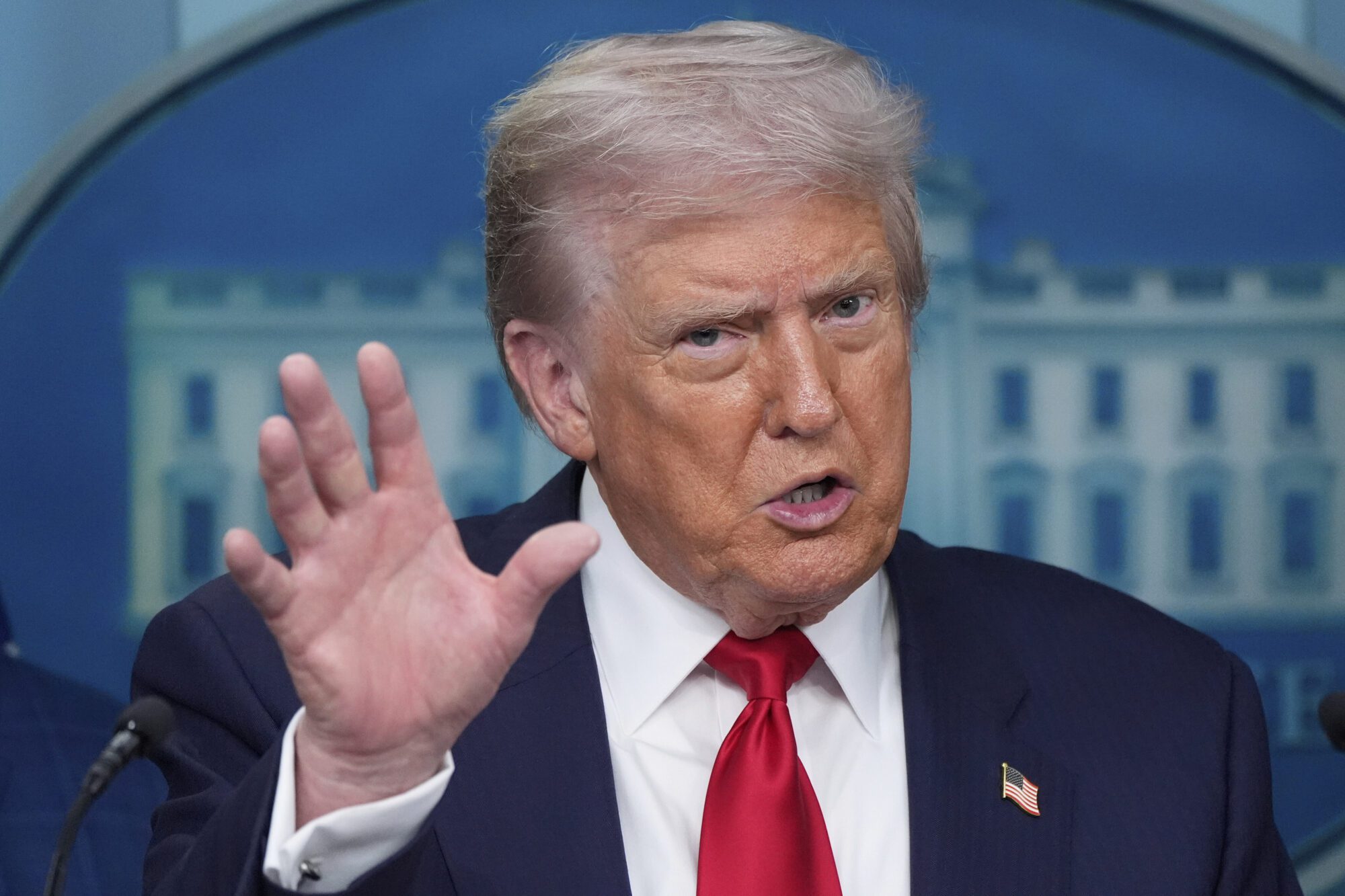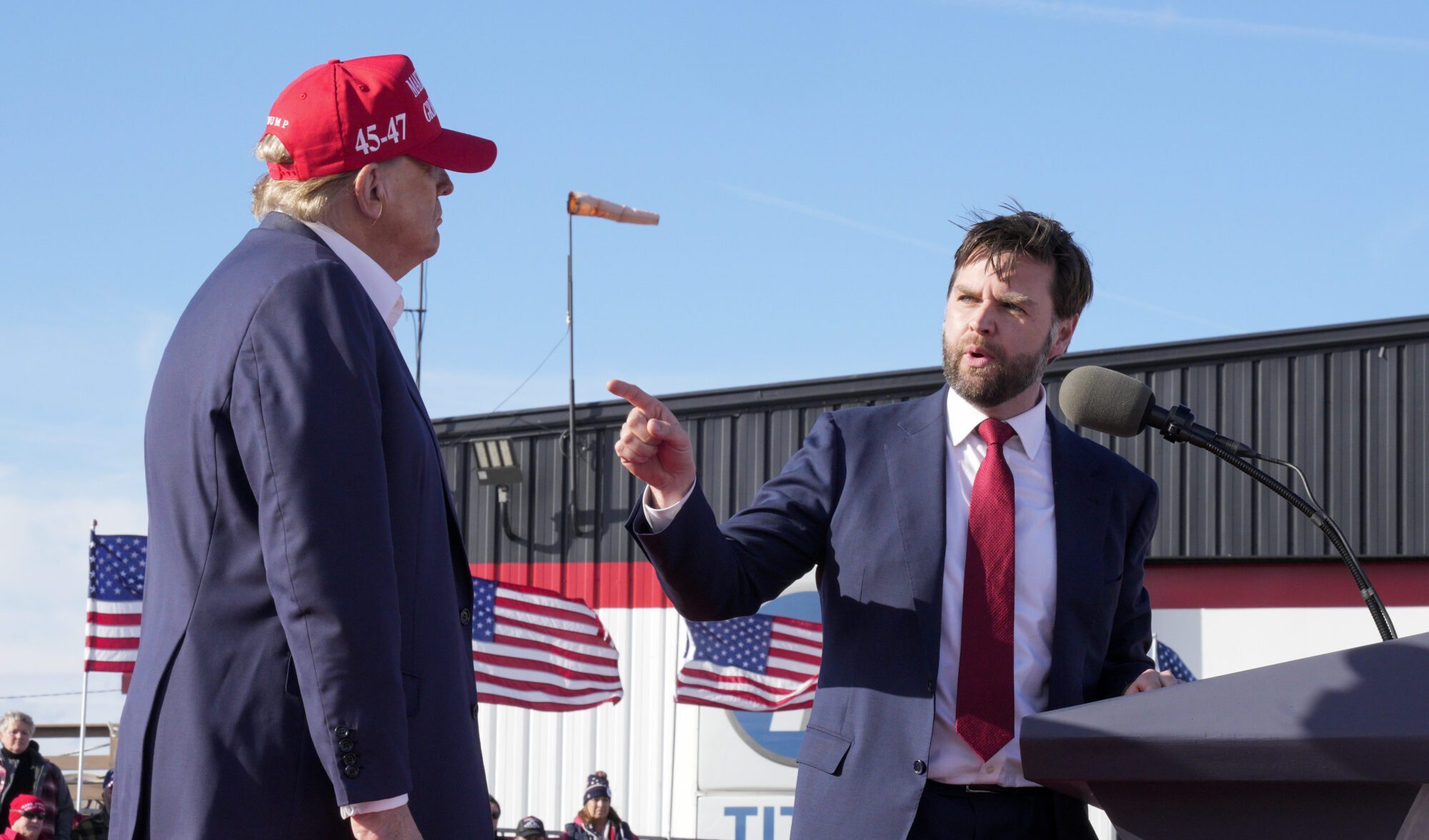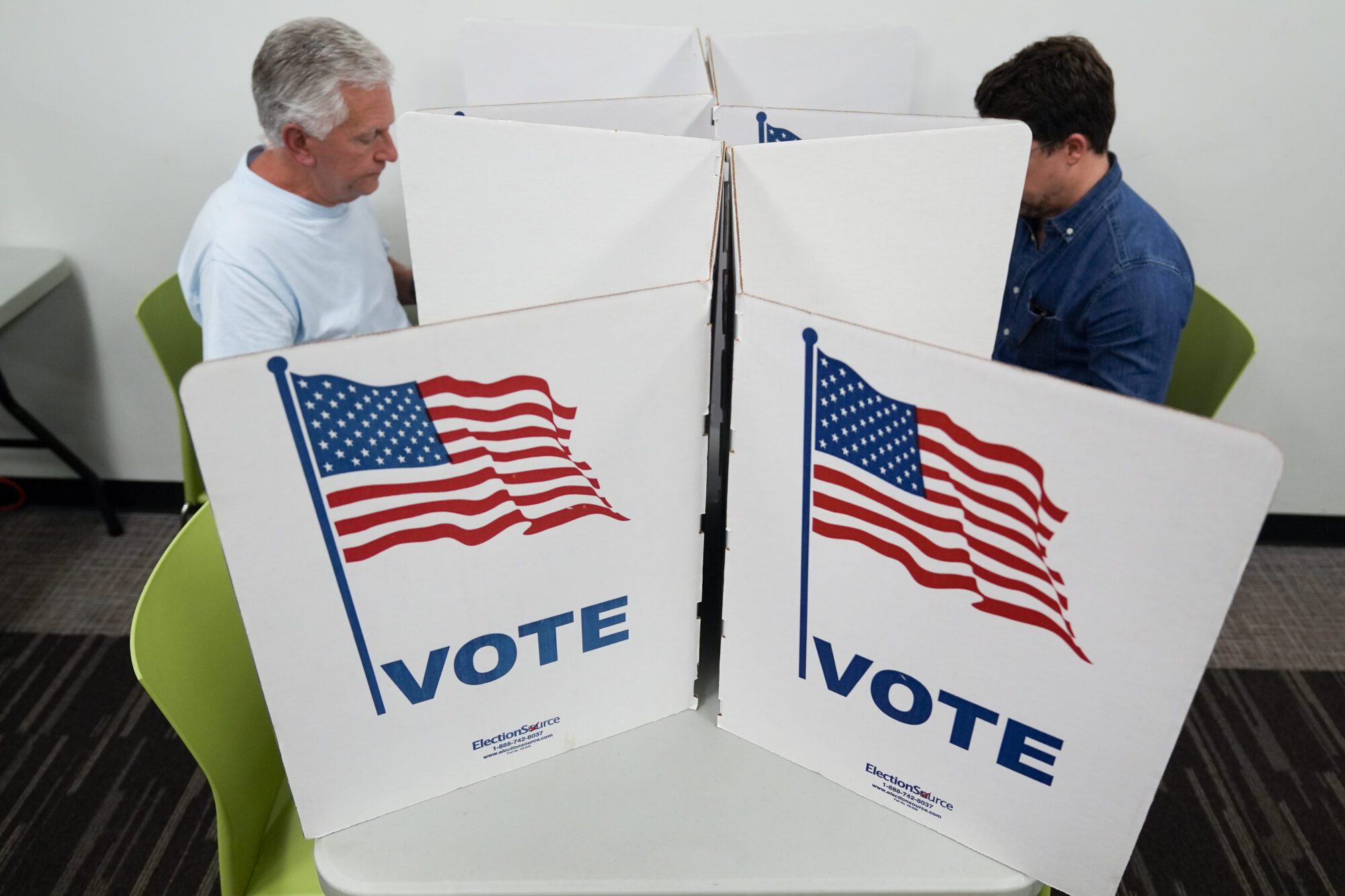
(Photo from Shutterstock)
In this Part 2 of a series, Sam Franklin delves into the economic impacts – both intended and unintended – of tariffs.
There is nothing new under the sun. Is there anything of which one might say, “See this, it is new?” Already, it has existed for ages…. Ecclesiastes 1:9-10
In 1765 Great Britain, saddled with massive debt following the Seven Years War (French & Indian War as it was referred to in the colonies), issued the Stamp Act to raise revenue for the treasury. The Stamp Act required the American colonists to purchase a stamp for all manner of printed documents – newspapers, pamphlets, wills, deeds, even playing cards. This direct tax proved unpopular with the colonists, was difficult to collect, and led to civil disobedience.
Bowing to public pressure, Parliament repealed the Act in 1766 but immediately replaced it with the Townshend Acts in 1767. The Townshend Acts placed duties on goods imported to the colonies from Britain – including glass, china, lead, paper, and paint among others. The Townshend Acts proved equally unpopular, led to boycotts of British goods, illegal smuggling, and more civil unrest.
In April of 1770 Britain repealed the Townshend Acts on all goods except for one – tea. That decision didn’t work out quite as Parliament and King George hoped, leading first to the Boston Tea Party and ultimately to the American Revolution. In a very real sense, the birth of our nation was born out of resistance to tariffs.
While the Declaration of Independence was being drafted in 1776, on the other side of the Atlantic in the same year, Scottish philosopher and economist Adam Smith published his masterpiece, The Wealth of Nations. Smith had observed first-hand the consequences of the Seven Years War, the British government’s attempt to regulate trade thereafter, and the resulting enmity between the world’s superpowers of the day – Britain and France. His insights have been the bedrock of economic thought ever since.
Unlike in 2025 where there is an ideological war between the US and China, in Smith’s day there had been an actual bloody war between Britain and France in which soldiers were killed, forts destroyed, and ships sunk – Churchill later referred to the Seven Years War as the first world war – and emotions were still raw. In this context the British viewed tariffs as a means of raising tax revenue to pay down their massive war deficits while punishing the economy of their hated rivals the French. Smith, however, British subject though he was, viewed tariffs as cutting off one’s nose to spite one’s face.
He used various examples to illustrate his point, including the following: “By means of glasses, hot beds, and hot walls, very good grapes can be raised in Scotland, and very good wine too can be made of them at about 30 times the expense for which at least equally good can be brought from foreign countries. Would it be a reasonable law to prohibit the importation of all foreign wines, merely to encourage the making of claret and burgundy in Scotland?”
Smith argued that artificial restrictions on trade are counterproductive and lead to misallocations of capital and labor, thereby diminishing, rather than enhancing, the economic wellbeing of the nation. He continues, “whether the advantage which one country has over another, be natural or acquired, is in this respect of no consequence. As long as the one country has those advantages, and the other wants them, it will always be more advantageous for the latter, rather to buy of the former than to make.”
Smith goes on to note that as nations are collections of individuals, “it is the maxim of every prudent master of a family, never to attempt to make at home what it will cost him more to make than to buy. The tailor does not attempt to make his own shoes, but buys them of the shoemaker. The Shoemaker does not attempt to make his own clothes, but employs a tailor. The farmer attempts to make neither the one nor the other, but employs those different artificers…. What is prudence in the conduct of every private family, can scarce be folly in that of a great Kingdom. If a foreign country can supply us with a commodity cheaper than we ourselves can make it, better buy it of them with some part of the produce of our own industry, employed in a way in which we have some advantage.”
Smith then takes on one of the leading arguments raised by proponents of tariffs in his day, which should sound familiar to modern ears – restoring the “balance of trade.” Smith was skeptical. Pulling no punches, Smith writes “Nothing, however, can be more absurd than this whole doctrine of the balance of trade, upon which, not only these restraints, but almost all the other regulations of commerce are founded.” Smith noted that when two parties traded freely, both gained in the bargain, whether those parties were neighbors or British and French citizens (aside – countries don’t trade with one another, individuals and companies – which are groups of individuals – within countries do). Also, crucially, it mattered not who was the buyer and seller.
The latter point was relevant, for then, as today, governments argued that countries exporting more goods had a favorable trade balance or “trade surplus,” and countries importing more goods had an unfavorable trade balance, or “trade deficit.” (For an excellent essay on the subject some 207 years later, see Paul Heyne’s “Do Trade Deficits Matter?”)
Smith argued that an uncoerced exchange implied equal value and that currency did not have more inherent value than the product or service being exchanged for it.
Smith: “Goods can serve many other purposes besides purchasing money, but money can serve no other purpose besides purchasing goods. Money, therefore, necessarily runs after goods, but goods do not always or necessarily run after money. The man who buys, does not always mean to sell again, but frequently to use or to consume; whereas he who sells, always means to buy again. The one may frequently have done the whole, but the other can never have done more than the one-half of his business. It is not for its own sake that men desire money, but for the sake of what they can purchase with it.”
Again, “I thought it necessary, though on the hazard of being tedious, to examine at full length the popular notion that wealth consists in money, or in gold and silver…. The wealth of a country consists, not in its gold and silver only, but in its lands, houses, and consumable goods of all different kinds.”
Smith’s point – one can’t eat currency or wear it to stay warm.
Smith relates the vignette that, after the discovery of the New World, Spanish explorers would ask upon arriving in a new region if gold or silver were present. The answer would dictate whether the country worth conquering. By contrast, in the 13th century the Tartars – descendants of Genghis Khan – asked the ambassador sent to them by Louis IX if there were ample sheep and cattle in France. Their object was the same, to decide if France worth conquering. Smith adds wryly that of the two concepts of wealth, “the Tartar notion, perhaps, was closer to the truth.”
Or, as a modern-day commenter put it rather eloquently, “I have a sizeable trade deficit with Amazon and Home Depot. I don’t lose sleep over it.”
In part 3, we’ll hear what Smith has to say on promoting domestic industry and national defense.
Note: all quotes are from Book IV of Wealth of Nations.







